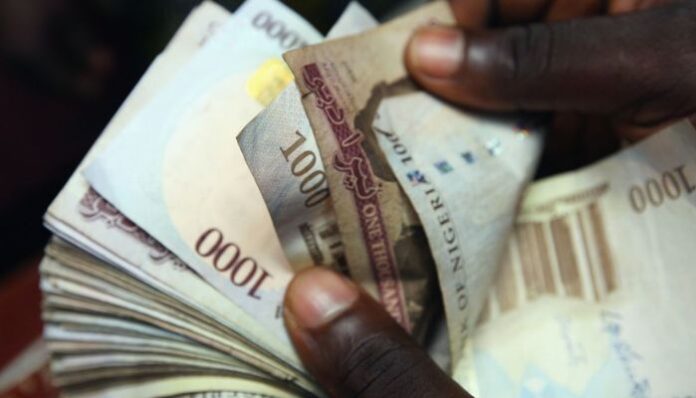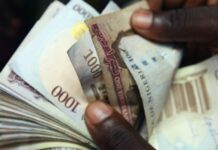The cash scarcity escalated by the naira redesign policy of the Central Bank of Nigeria has influenced Nigeria’s Gross Domestic Product growth below global projections of the World Bank, International Monetary Fund and the African Development Bank.
According to the World Bank, Nigerian economy would grow by 2.8 per cent in 2023, down from 3.3 per cent in 2022, in its Africa Pulse Report April 2023 edition titled ‘Leveraging resource wealth during the low carbon transition.’
In its World Economic Outlook for April 2023 titled ‘A Rocky Recovery’, the International Monetary Fund retained its growth forecast of 3.2 per cent for Nigeria’s economy in 2023.
The African Development Bank in January projected that Nigeria’s GDP, which indicates the economic growth rate, would inch up to 3.1 per cent in 2023, adding that uncertainty about policy continuity after the election and rising insecurity will weaken the nation’s growth prospect during the year.
However, Nigeria’s GDP growth fell to 2.31 per cent in the first quarter of 2023 from 3.52 per cent in the fourth quarter of 2022, according to the National Bureau of Statistics.
The NBS attributed the decline to the adverse effects of the cash crunch experienced during the quarter.
The report read in part, “Gross Domestic Product grew by 2.31 per cent (year-on-year) in real terms in the first quarter of 2023. This growth rate declined from 3.11 per cent recorded in the first quarter of 2022, and 3.52 per cent in the fourth quarter of 2022. The reduction in growth is attributed to the adverse effects of the cash crunch experienced during the quarter.”
The decline is also slightly below a recent projection by KPMG that Nigeria’s GDP will grow at a relatively slow pace of 3 per cent in 2023 due to challenges associated with the naira redesign and political transition.
In his personal statement after the March’s Monetary Policy Committee meeting this year, Mike Obadan, a professor of Economics and a member of the MPC, said the observed improvement from Q3 to Q4 in 2022 is not likely to be sustained in Q1 2023 due to the sustained rise in inflation, strong monetary tightening, high energy prices, subsisting insecurity and foreign exchange market pressures, challenges of the Naira redesign policy and the unintended consequences which have adversely affected domestic consumption, trade, investment and output.
“In light of these, the growth rate may fall below 3.0 per cent in Q1 2023,” he said.
The NBS also disclosed that the performance of the GDP in Q1 2023 was driven mainly by the services sector, which recorded a growth of 4.35 per cent and contributed 57.29 per cent to the aggregate GDP.











